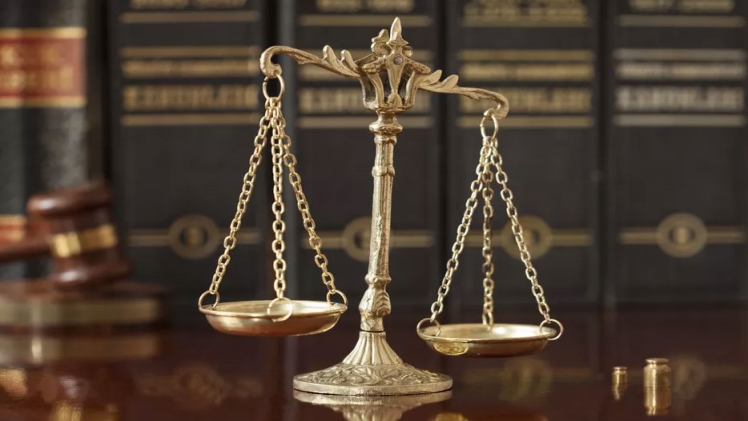A criminal conviction can have far-reaching and long-lasting consequences that extend beyond a prison sentence or fine. These consequences, known as collateral consequences, can significantly impact a person’s life and make it difficult for them to reintegrate into society after serving their time. Visit King Law to learn about some of the most common collateral consequences of a criminal conviction in the United States.
-
Employment of Employment
One of the most significant collateral consequences of a criminal conviction is its impact on a person’s ability to find and maintain employment. Many employers are hesitant to hire someone with a criminal record, and those who do are often limited in the jobs they can apply for. This can make it difficult for someone who has served their time to support themselves and their families, which can increase the likelihood of recidivism.
-
Housing
A criminal conviction can also significantly impact a person’s ability to find and maintain housing. Many landlords are hesitant to rent to someone with a criminal record, and those who do often face higher rent and deposit fees. This can make it difficult for someone who has served their time to find a place to live, increasing the likelihood of homelessness 123musiq.ws.
-
Access to Public Benefits
Many people convicted of a crime are also ineligible for public benefits such as food stamps, housing assistance, and unemployment benefits. This can make it difficult for them to support makeeover themselves and their families after serving their time.
-
Voting Rights
In some states, people with criminal convictions are unable to vote. This can limit their ability to participate in the political process.
-
Difficulty Obtaining a Loan
A criminal conviction can make it challenging to obtain a loan, as many lenders are hesitant to provide loans to individuals with a criminal record.
-
Difficulty Traveling
Individuals with a criminal record may also have difficulty traveling, as they may be denied entry into certain countries.
-
Difficulty Regaining Civil Rights
In many states, individuals with a criminal conviction may have their voting rights taken away. They may also have difficulty obtaining a professional license, such as a driver’s license or a license to practice law.
-
Stigma and Discrimination
Individuals with a criminal record may face discrimination and stigma from employers, landlords, and others. This can make it difficult for them to reintegrate into society and rebuild their lives.
It is important to note that the collateral consequences of a criminal conviction can vary depending on the nature of the crime, the jurisdiction, and the individual’s prior criminal record. In some cases, individuals may be able to have their criminal record expunged, which will erase the collateral consequences of their conviction. However, the expungement process can be difficult and time-consuming, and unavailable in all states.

